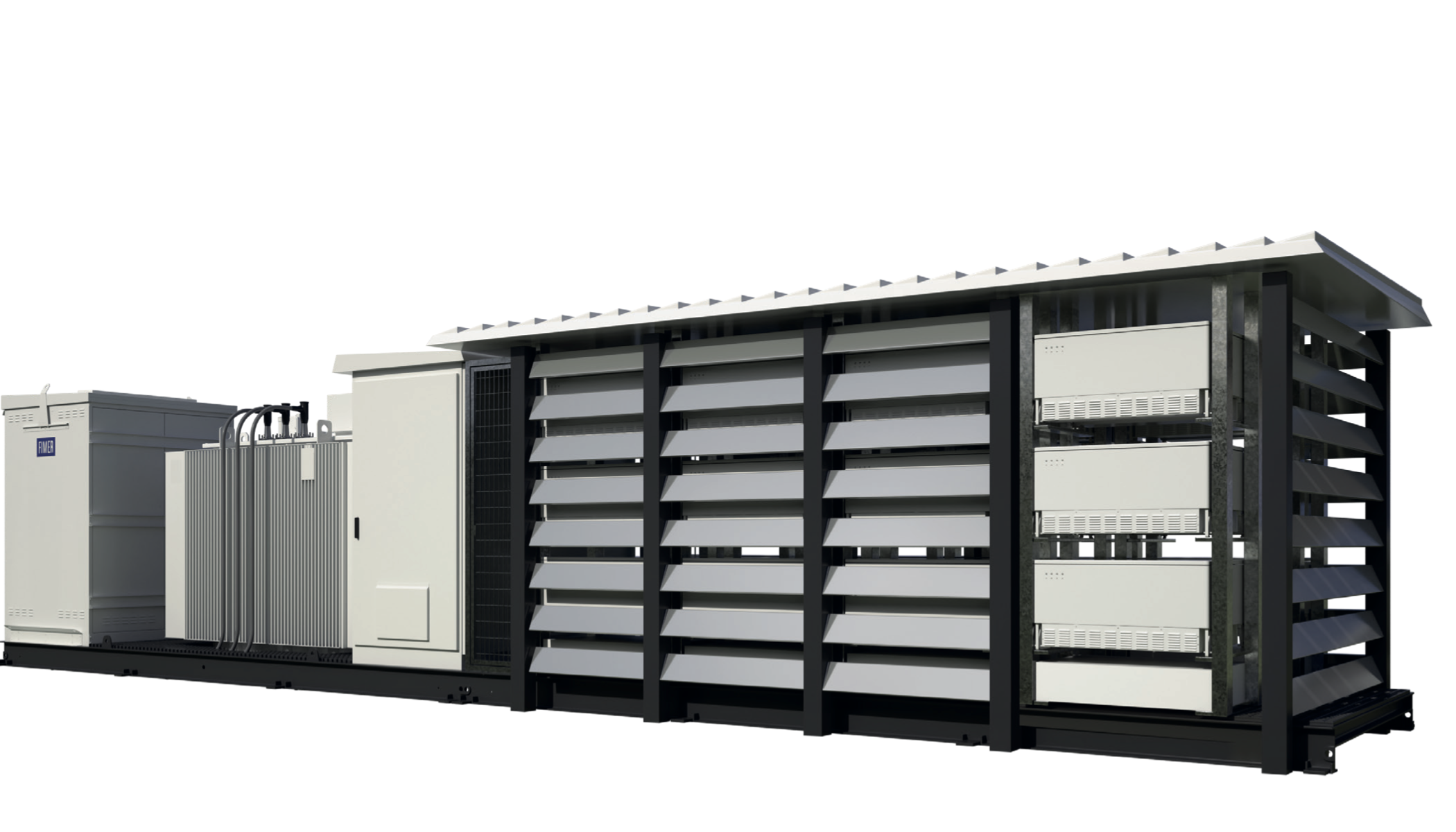The deployment of solar PV across the world is on an upward trajectory, with recent reports highlighting the growing popularity of both commercial and utility-scale projects.
Despite the disruption of the past 12-18 months, in its most recent Renewable Energy Market Update, the International Energy Agency (IEA), said that in 2020, annual renewable capacity additions increased
45 percent to almost 280 GW, the highest year-on-year increase since 1999.
It is also forecasting that ‘exceptionally high-capacity additions will become the ‘new normal’ in 2021 and 2022, with renewables accounting for 90 percent of new power capacity expansion globally’. Within this, it says that solar PV development will continue to ‘break records’, with annual additions reaching 162 GW by 2022, almost 50 percent higher than the pre-pandemic level of 2019.
In particular, the share of utility-scale applications is forecast to increase from over 55 percent in 2020 to almost 70 percent in 2022. This level of growth can be seen in many major markets, including the United States, where the Solar Energy Industries Association (SEIA) forecast that, after several years of uncertainty, large companies and utilities have led to massive increases in utility-scale solar procurement. As of Q1 2021, the contracted pipeline sits at 77 GW, with most of those projects slated for completion before 2024.
Similarly, in Europe, the IEA says that utility-scale growth will play an increasingly important role, with its share rising from
41 percent in 2021 to an average of 55 percent annually by 2023 25, owing to an increase in competitive auctions.
This rapid expansion over 2020 and forecasted growth for 2021-22 is fantastic news for the sector, and particularly the utility-scale market.
So, what are the key drivers supporting this robust growth outlook?



























